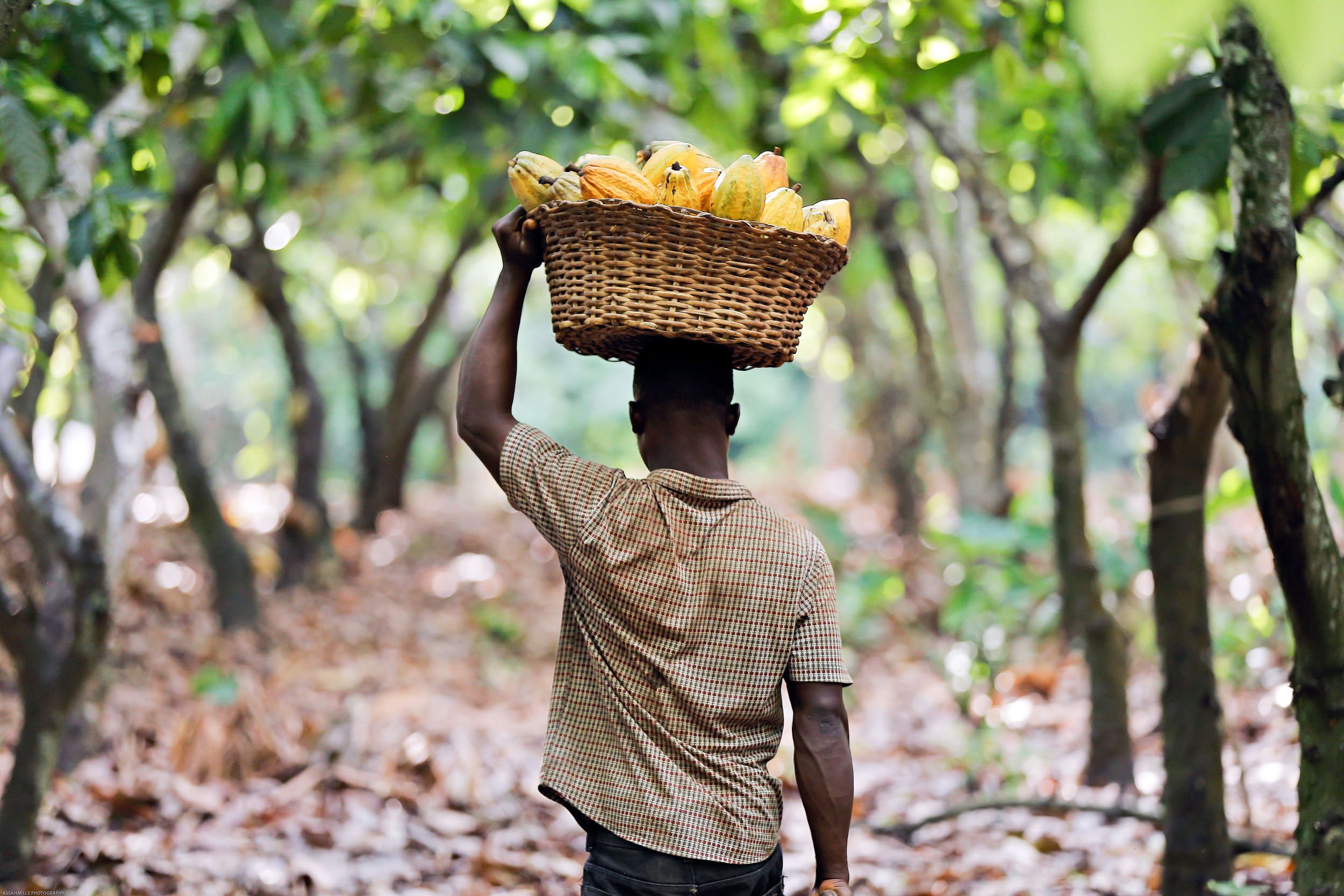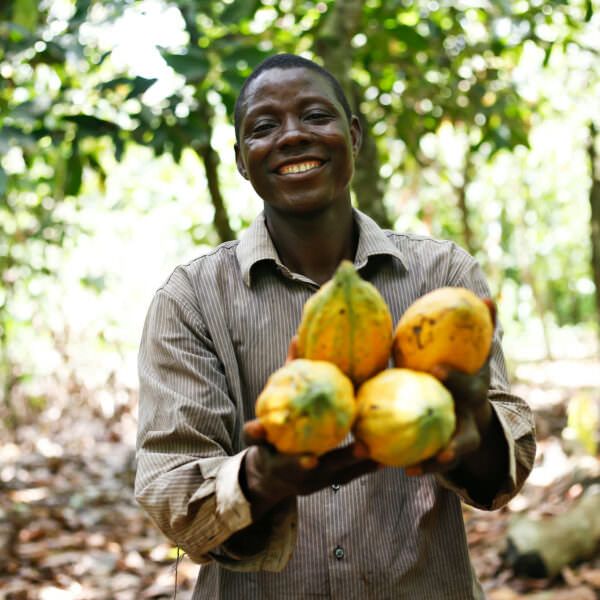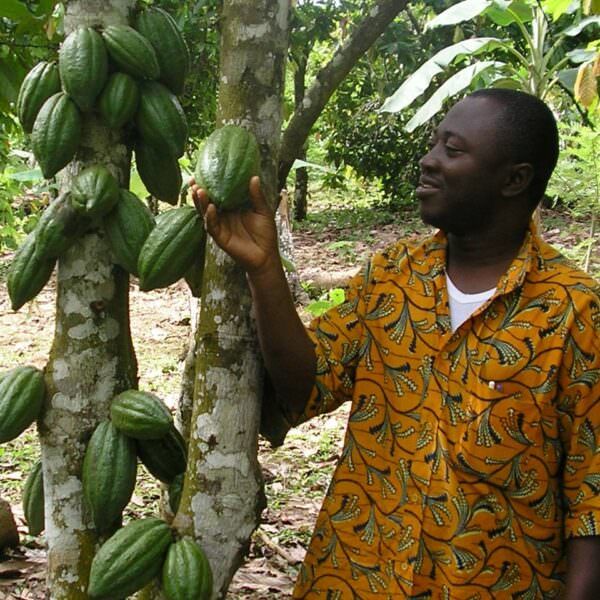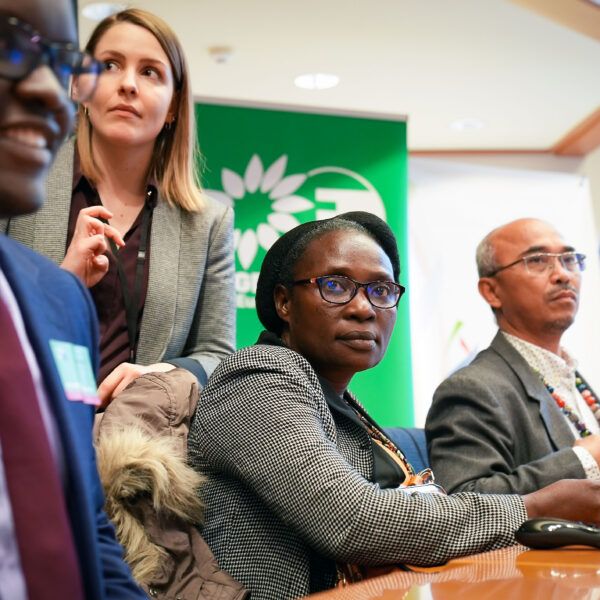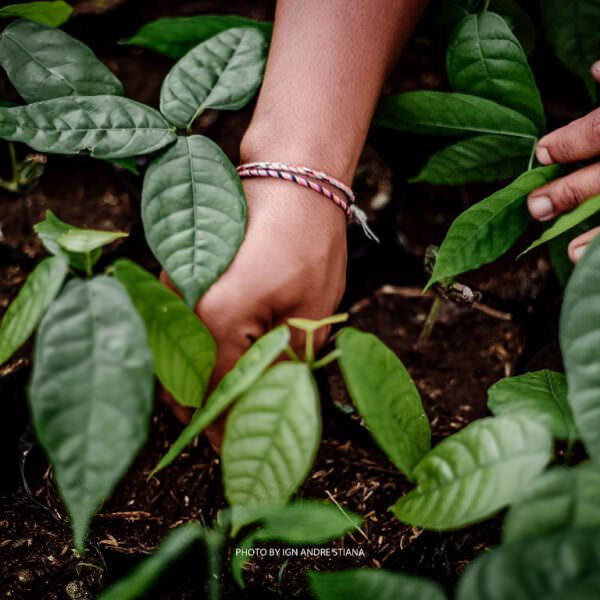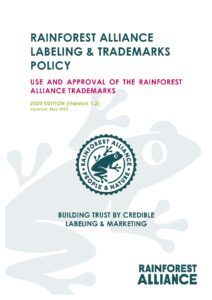Understanding the Sustainability Differential in Cocoa
Our 2020 Certification Program includes two financial requirements for the buyers of Rainforest Alliance Certified commodities: the Sustainability Differential (SD) and Sustainability Investments (SI). For cocoa, we will require a minimum SD of $70 per MT as of July 2022.
